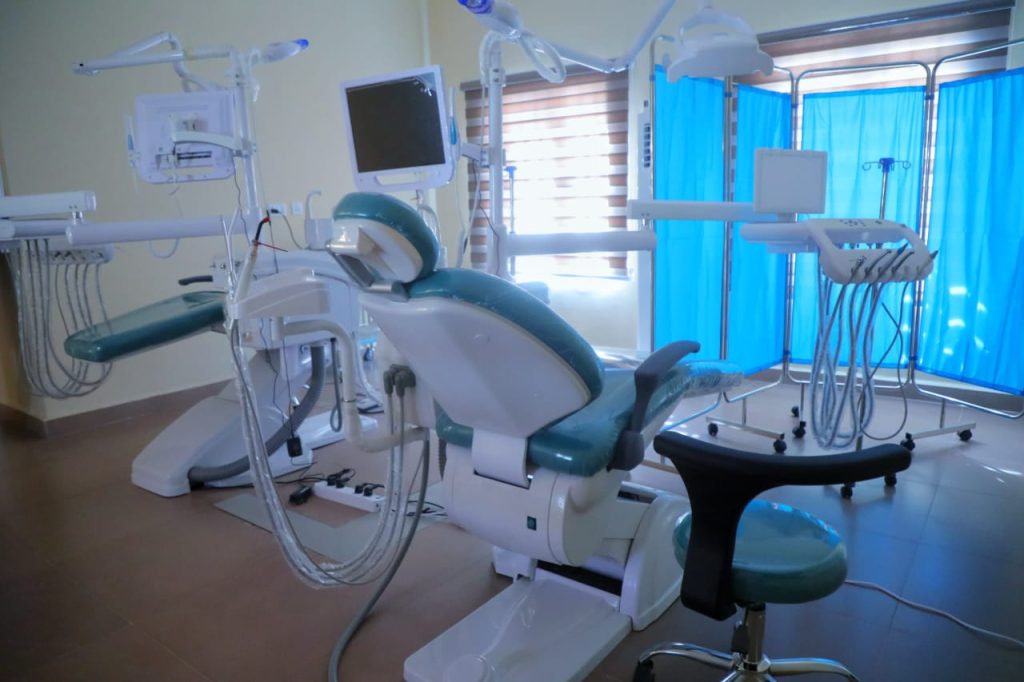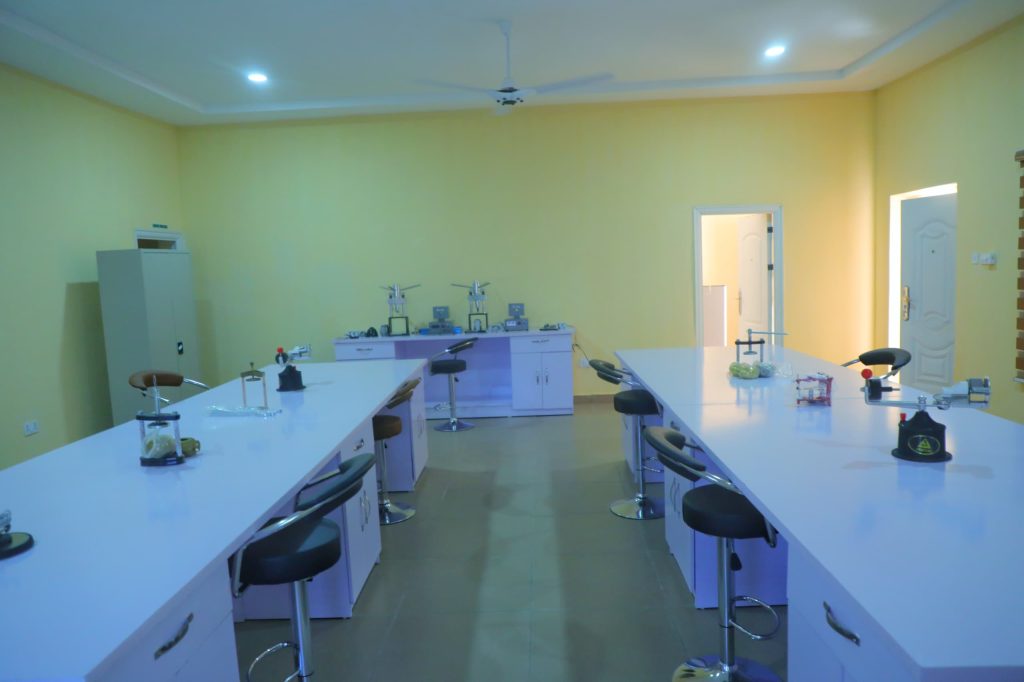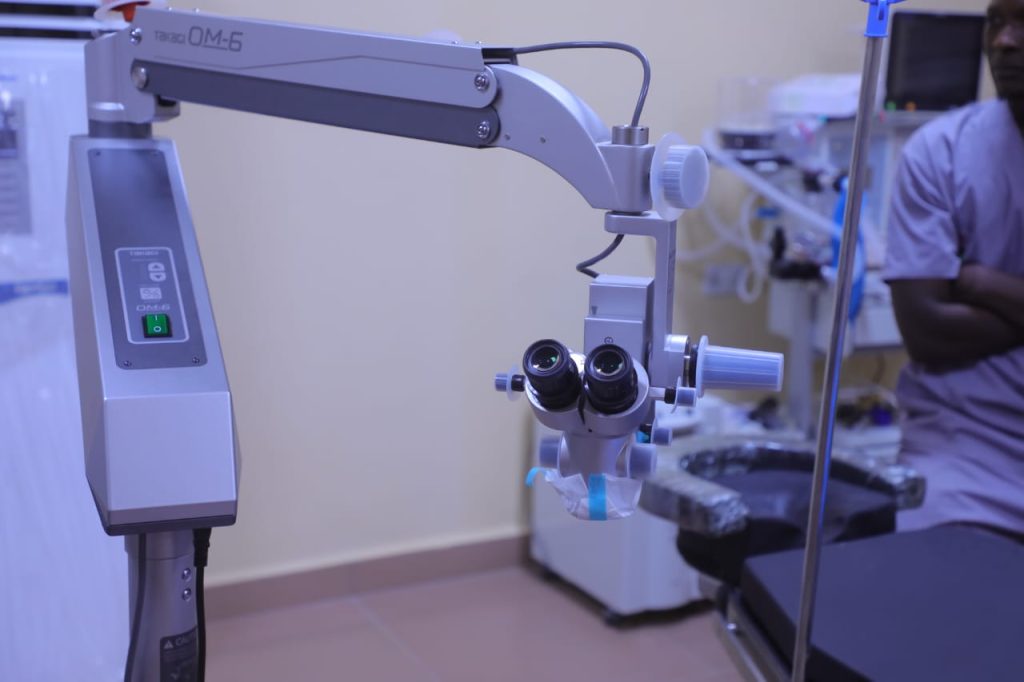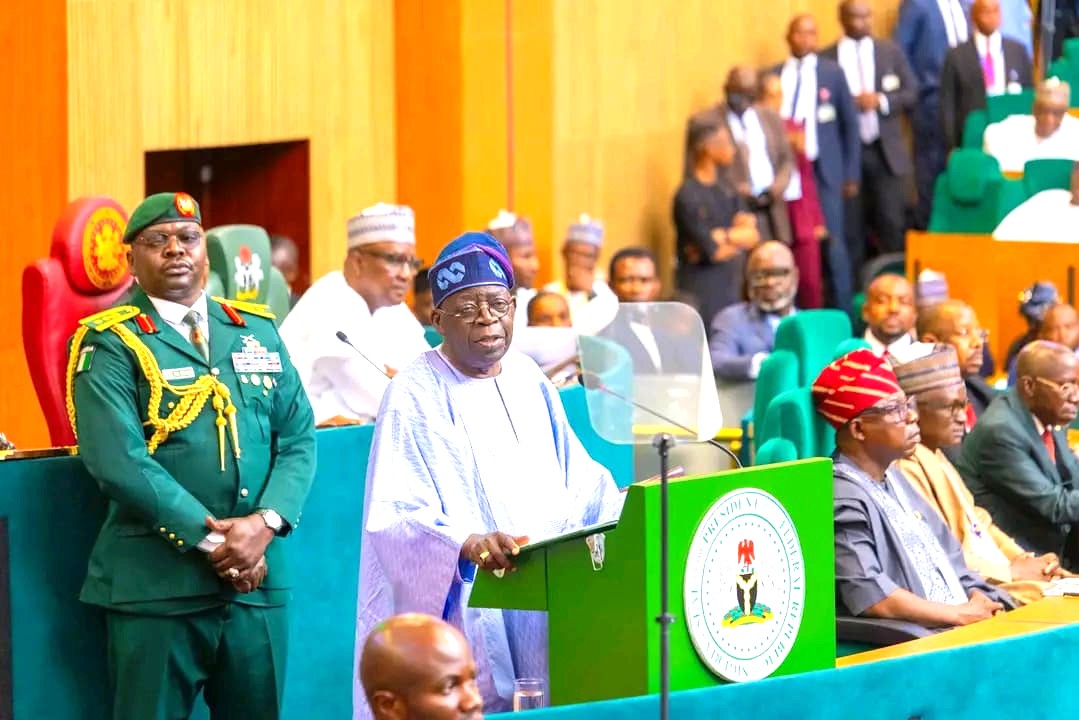Borno State Health Sector: A Review of Progress Made by the Government in the Past Year
By Bodunrin Kayode
Governor Babagana Zulum of Borno State has demonstrated remarkable leadership skills in managing various ministries, departments, and agencies (MDAs) since taking office.
One area where he has shown particularly empathetic and competent tendencies is in the health sector. From the outset, this academic-turned-politician made it clear that he was determined to revitalize this critical sector, which had been severely impacted by conflict, into a more service-oriented system.
He pays specific attention, much like a father wanting the best for his family, ensuring that healthcare facilities are equipped and ready for the long term.
His late-night visits to general hospitals throughout Borno State reveal his commitment to ensuring effective healthcare delivery. These visits serve as a clear indication that he will not tolerate mediocrity in service.

Furthermore, he has drafted a ten-point agenda, with the revamping of the health sector as one of its central pillars, and he is determined to follow it closely. Zulum’s leadership by example was evident from the early days of his administration.
By personally inspecting hospitals where the most vulnerable receive treatment, he won the goodwill of many residents in the state. Some medical workers began to wonder if the professor-turned-politician ever slept, given his tendency to appear at the hospitals as early as 2 AM to check attendance records and identify challenges faced by staff.
It was obvious that a new sheriff was in town, and it prompted many healthcare workers to adjust their dedication to their duties. This commitment to healthcare is particularly significant in a region recovering from the devastation of war, which had obliterated the infrastructure across at least 22 out of 27 council areas. The health sector faced severe challenges due to lack of basic facilities and manpower.
Zulum’s nighttime inspections allowed him to identify problems firsthand so they could be addressed promptly. Many secondary hospitals that had struggled with power shortages received solar panels and batteries to restore essential services.

By the end of his first term, Zulum recognized the urgency of restoring infrastructure and ensuring it was beneficial for the populace. As a result, numerous primary and secondary healthcare facilities were established in areas where none existed before.
Over the last two years, he has laid the foundation for a state teaching hospital that will support medical students from Borno State University (BOSU) in gaining hands-on experience with cadavers and real patients. A board has been established for this new teaching hospital, with Professor Ahmed Ahidjo, the respected Chief Medical Director (CMD) of the University of Maiduguri Teaching Hospital (UMTH), appointed as its chair.
Professor Ibrahim Kida has also been appointed as the pioneer chief medical director of the facility located in the Jimtilo area of greater Maiduguri. He is a Fellow of the West African College of Physicians and specializes in infectious diseases and epidemiology, with a focus on HIV/AIDS management.
Alongside Professor Kida, Zulum appointed Professor Usman Tela as the Chairman of the Medical Advisory Committee (CMAC) while Ali Mohammed has been appointed as the Director of Administration for the hospital and Secretary to the Management Board.

Other board members include representatives from the Ministry of Health, the Medical College at BOSU, the Senate, the Nigerian Medical Association (NMA), and Allied Health Professionals in Borno, as well as a representative from Univerty of Maiduguri Teaching Hospital (UMTH) and the Vice Chancellor of BOSU.
Additionally, Abba Marte, Samson Dibal, and Dr. Musa Aji will represent the public interest from the three senatorial districts of Borno State.
A statement from Governor Zulum’s spokesperson, Dauda Iliya, quoted Zulum as saying, “Our goal is to provide our people with the best possible healthcare while also training the next generation of medical professionals.”
The appointment of Professor Kida as the pioneer Chief Medical Director is significant, as he was a dedicated frontline worker during the COVID-19 pandemic, ensuring that residents of the state received essential care during a crisis when many feared for their lives. His commitment was instrumental to the health sector during that challenging time.






Post Comment